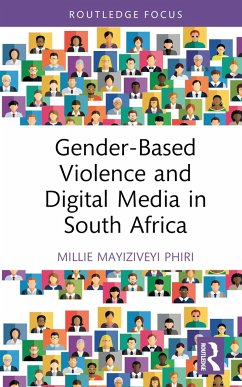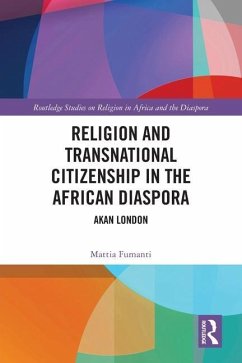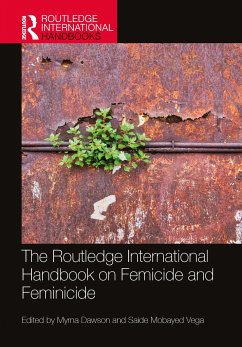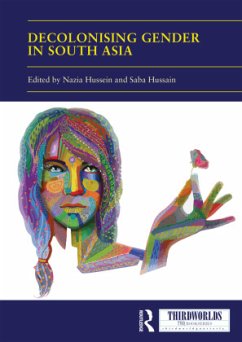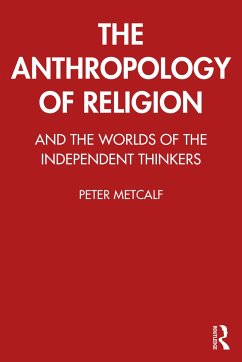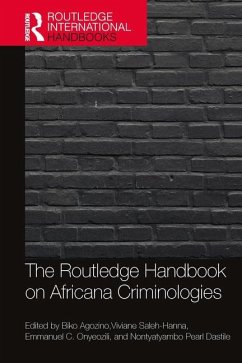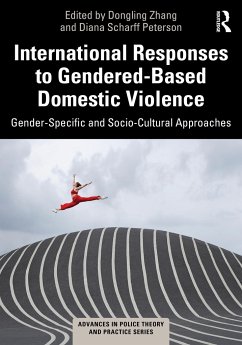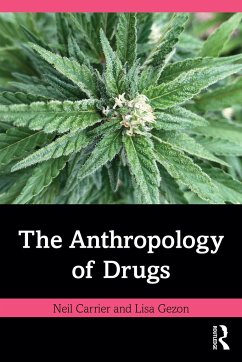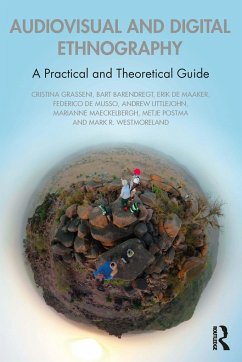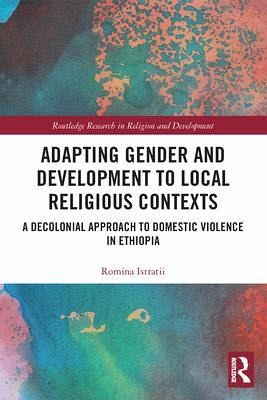
Adapting Gender and Development to Local Religious Contexts
A Decolonial Approach to Domestic Violence in Ethiopia
Versandkostenfrei!
Versandfertig in 6-10 Tagen
45,99 €
inkl. MwSt.
Weitere Ausgaben:

PAYBACK Punkte
23 °P sammeln!
This book provides a critical and decolonial analysis of gender and development theory and practice in religious societies through the presentation of a detailed ethnographic study of conjugal violence in Ethiopia.Responding to recent consensus that gender mainstreaming approaches have failed to produce their intended structural changes, Romina Istratii explains that gender and development analytical and theoretical frameworks are often constructed through western Euro-centric lenses ill-equipped to understand gender-related realities and human behaviour in non-western religious contexts and k...
This book provides a critical and decolonial analysis of gender and development theory and practice in religious societies through the presentation of a detailed ethnographic study of conjugal violence in Ethiopia.
Responding to recent consensus that gender mainstreaming approaches have failed to produce their intended structural changes, Romina Istratii explains that gender and development analytical and theoretical frameworks are often constructed through western Euro-centric lenses ill-equipped to understand gender-related realities and human behaviour in non-western religious contexts and knowledge systems. Instead, Istratii argues for an approach to gender-sensitive research and practice which is embedded in insiders' conceptual understandings as a basis to theorise about gender, assess the possible gendered underpinnings of local issues and design appropriate alleviation strategies. Drawing on a detailed study of conjugal abuse realities and attitudes in two villages and the city of Aksum in Northern Ethiopia, she demonstrates how religious knowledge can be engaged in the design and implementation of remedial interventions.
This book carefully evidences the importance of integrating religious traditions and spirituality in current discussions of sustainable development in Africa, and speaks to researchers and practitioners of gender, religion and development in Africa, scholars of non-western Christianities and Ethiopian studies, and domestic violence researchers and practitioners.
Responding to recent consensus that gender mainstreaming approaches have failed to produce their intended structural changes, Romina Istratii explains that gender and development analytical and theoretical frameworks are often constructed through western Euro-centric lenses ill-equipped to understand gender-related realities and human behaviour in non-western religious contexts and knowledge systems. Instead, Istratii argues for an approach to gender-sensitive research and practice which is embedded in insiders' conceptual understandings as a basis to theorise about gender, assess the possible gendered underpinnings of local issues and design appropriate alleviation strategies. Drawing on a detailed study of conjugal abuse realities and attitudes in two villages and the city of Aksum in Northern Ethiopia, she demonstrates how religious knowledge can be engaged in the design and implementation of remedial interventions.
This book carefully evidences the importance of integrating religious traditions and spirituality in current discussions of sustainable development in Africa, and speaks to researchers and practitioners of gender, religion and development in Africa, scholars of non-western Christianities and Ethiopian studies, and domestic violence researchers and practitioners.





